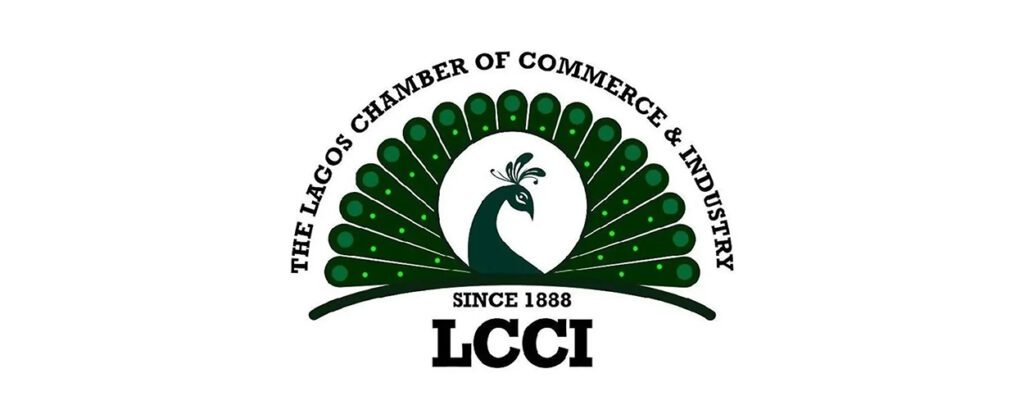The Lagos Chamber of Commerce and Industry (LCCI) has warned of the dire consequences of persistent naira scarcity and structural rigidities on the Nigerian economy. According to the President of LCCI, Asiwaju (Dr.) Michael Olawale-Cole, the most challenged on the issue of naira scarcity are the Micro, Small and Medium Entreprises (MSMEs), which are key drivers of the economy, saying some of them are not just strained, but are folding up.
“Generally, much productive time, energy, and man-hours are wasted in unneeded long queues for cash. It is, unfortunately, a productivity downtime for Nigeria and Nigerians. This cannot be the desired position for any economy as it often leads to crippling effects on the economy – a fall in the Gross Domestic Product (GDP) numbers, a drop in wealth creation, and a rise in the poverty measures, amongst others”, as Dr. Olawale-Cole observed that the nation’s democracy and economy are fragile and need protection, but the way things are going is very worrisome for the Organised Private Sector, as the chamber is concerned about the state of affairs.
The President said that now is “the most auspicious time for the authorities concerned to help the situation. The economy can no longer withstand further stress, which may lead to a complete breakdown of our society”. In another vein, the LCCI has informed that the Central Bank of Nigeria’s Monetary Policy Committee (MPC), in its March 2023 meeting, hiked the benchmark interest rate by 50 basis points to 18.0% from 17.5%, but retained the asymmetric corridor at +100 and -700 basis points around the policy rate.
Cash Reserve Ratio (CRR) and Liquidity Ratio (LR) are held steady at 32.5% and 30%, accordingly, as this is the sixth consecutive rate hike since April 2022. The Director-General of the chamber, Dr. Chinyere Almona stated that this consistent hawkish stance by the monetary authority is in response to the high inflationary pressure. The DG added that at 21.91%, the inflationary rate is more than twice the targeted range of 6-9%, set by the CBN. Since April 2022, inflation had increased from 16.82% to 21.91% in February 2023. Despite the 6.5% points increase in the key rate over the same period, inflation does not seem to be letting off. The last Consumer Price Index (CPI) figures released by the NBS indicated that inflation slightly increased to 21.91% in February from 21.82% in January 2023, even though the price rises that continue to hit the system, appear non-transitory.
“We, like the other market watchers, expected the CBN to hold off an increase or at best moderate, the key rate given the weak relationship between it and inflation especially after manufacturers and other businesses are groaning under high borrowing costs and the cash crisis. While the CBN has the overarching mandate of ensuring price stability, we suggest it should not be done in a manner that compromises growth and more especially, in the face of high unemployment. Furthermore, the instrumentality of monetary policy alone appears quite insufficient to guarantee the desired results of low, stable, and predictable prices. We believe that structural rigidities around infrastructure and agriculture should be looked into and tackled to rein in inflation. Inflation chips away at purchasing power leads to inventory stockpiles, undermines growth, and creates a lot of economic uncertainties”, Dr. Almona stated further.



